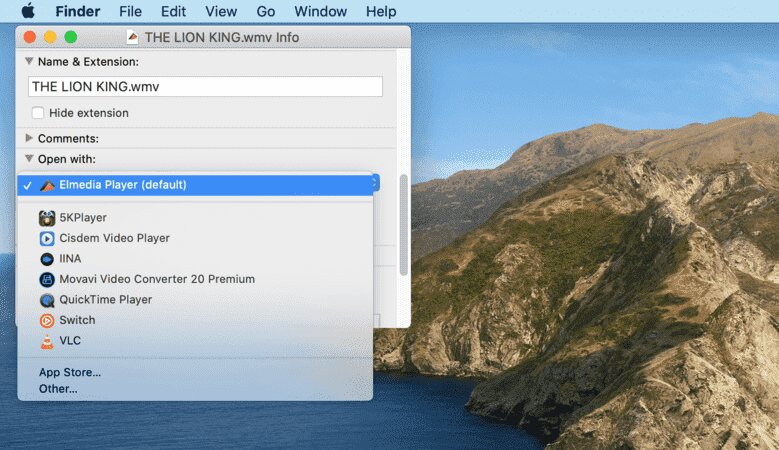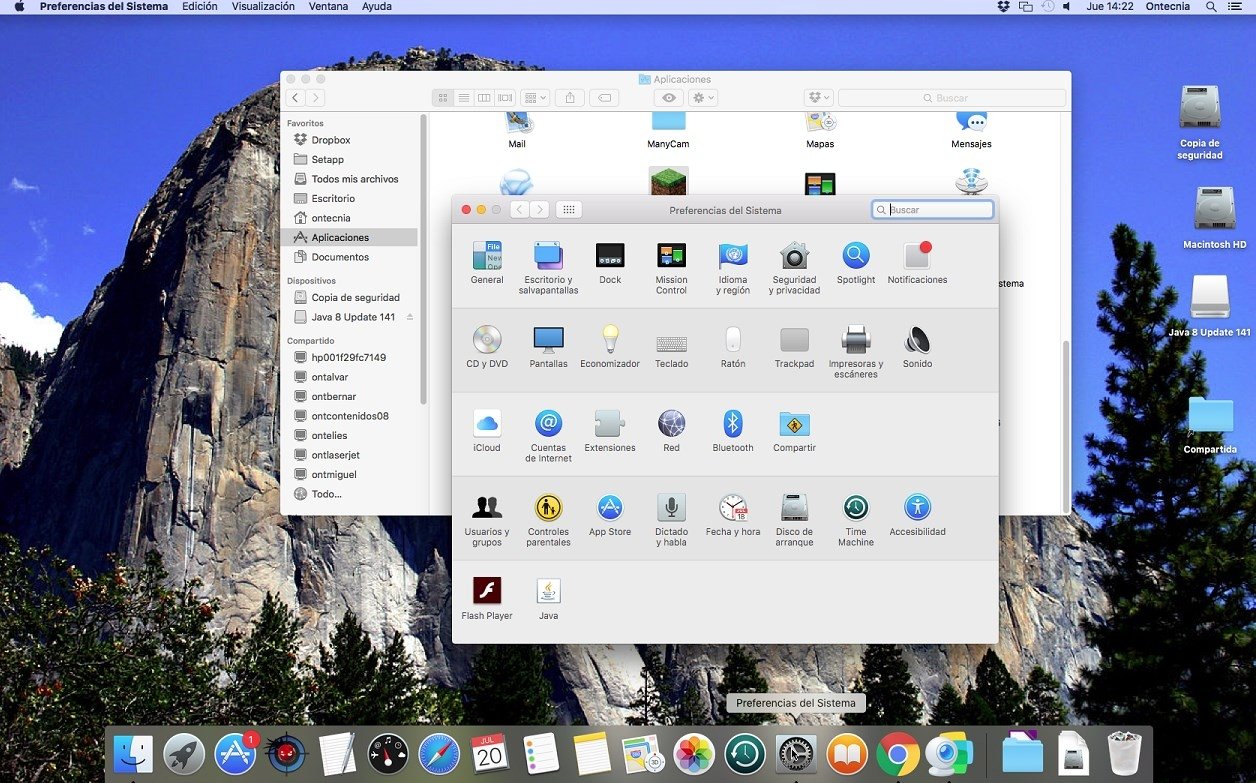
- Mpeg4 player for mac el capitan 10.11,6 mp4#
- Mpeg4 player for mac el capitan 10.11,6 code#
- Mpeg4 player for mac el capitan 10.11,6 windows#
Mpeg4 player for mac el capitan 10.11,6 code#
QuickTime in Apple OS X before 10.11.6 allows remote attackers to execute arbitrary code or cause a denial of service (memory corruption) via a crafted FlashPix bitmap image, a different vulnerability than CVE-2016-4596, CVE-2016-4600, and CVE-2016-4602.

QuickTime in Apple OS X before 10.11.6 allows remote attackers to execute arbitrary code or cause a denial of service (memory corruption) via a crafted image. QuickTime in Apple OS X before 10.11.6 allows remote attackers to execute arbitrary code or cause a denial of service (memory corruption) via a crafted Photoshop document.

QuickTime in Apple OS X before 10.11.6 allows remote attackers to execute arbitrary code or cause a denial of service (memory corruption) via a crafted FlashPix bitmap image, a different vulnerability than CVE-2016-4596, CVE-2016-4597, and CVE-2016-4602. QuickTime in Apple OS X before 10.11.6 allows remote attackers to execute arbitrary code or cause a denial of service (memory corruption) via a crafted SGI image. QuickTime in Apple OS X before 10.11.6 allows remote attackers to execute arbitrary code or cause a denial of service (memory corruption) via a crafted FlashPix bitmap image, a different vulnerability than CVE-2016-4596, CVE-2016-4597, and CVE-2016-4600. In libquicktime 1.2.4, an allocation failure was found in the function quicktime_read_info in lqt_quicktime.c, which allows attackers to cause a denial of service via a crafted file.īuffer overflow in the DecodeAdpcmImaQT function in modules/codec/adpcm.c in VideoLAN VLC media player before 2.2.4 allows remote attackers to cause a denial of service (crash) or possibly execute arbitrary code via a crafted QuickTime IMA file. In libquicktime 1.2.4, an allocation failure was found in the function quicktime_read_ftyp in ftyp.c, which allows attackers to cause a denial of service via a crafted file. It allows remote attackers to execute arbitrary code or cause a denial of service (memory consumption) via a crafted QuickTime file. The issue involves the "Audio" component. It allows attackers to bypass intended memory-read restrictions via a crafted app.Īn issue was discovered in certain Apple products. The issue involves the "QuickTime" component. qt file.Īn issue was discovered in certain Apple products. The TradQT_Manager::ParseCachedBoxes function in XMPFiles/source/FormatSupport/QuickTime_Support.cpp allows remote attackers to cause a denial of service (infinite loop) via crafted XMP data in a.
Mpeg4 player for mac el capitan 10.11,6 windows#
Untrusted search path vulnerability in Installer of QuickTime for Windows allows an attacker to gain privileges via a Trojan horse DLL in an unspecified directory.Īn issue was discovered in Exempi before 2.4.4. It allows remote attackers to execute arbitrary code or cause a denial of service (memory corruption and application crash) via a crafted media file.
Mpeg4 player for mac el capitan 10.11,6 mp4#
The quicktime_read_moov function in moov.c in libquicktime 1.2.4 allows remote attackers to cause a denial of service (infinite loop and CPU consumption) via a crafted mp4 file.Īn issue was discovered in certain Apple products. The quicktime_match_32 function in util.c in libquicktime 1.2.4 allows remote attackers to cause a denial of service (NULL pointer dereference and application crash) via a crafted mp4 file.


The quicktime_read_dref_table function in dref.c in libquicktime 1.2.4 allows remote attackers to cause a denial of service (heap-based buffer overflow and application crash) via a crafted mp4 file. The quicktime_user_atoms_read_atom function in useratoms.c in libquicktime 1.2.4 allows remote attackers to cause a denial of service (heap-based buffer overflow and application crash) via a crafted mp4 file. The quicktime_video_width function in lqt_quicktime.c in libquicktime 1.2.4 allows remote attackers to cause a denial of service (heap-based buffer over-read and application crash) via a crafted mp4 file. A remote code execution vulnerability exists when Windows Media Foundation improperly parses specially crafted QuickTime media files.An attacker who successfully exploited this vulnerability could gain the same user rights as the local user, aka 'Microsoft Windows Media Foundation Remote Code Execution Vulnerability'.Īn integer overflow error within the "parse_qt()" function (internal/dcraw_common.cpp) in LibRaw versions prior to 0.18.12 can be exploited to trigger an infinite loop via a specially crafted Apple QuickTime file.


 0 kommentar(er)
0 kommentar(er)
